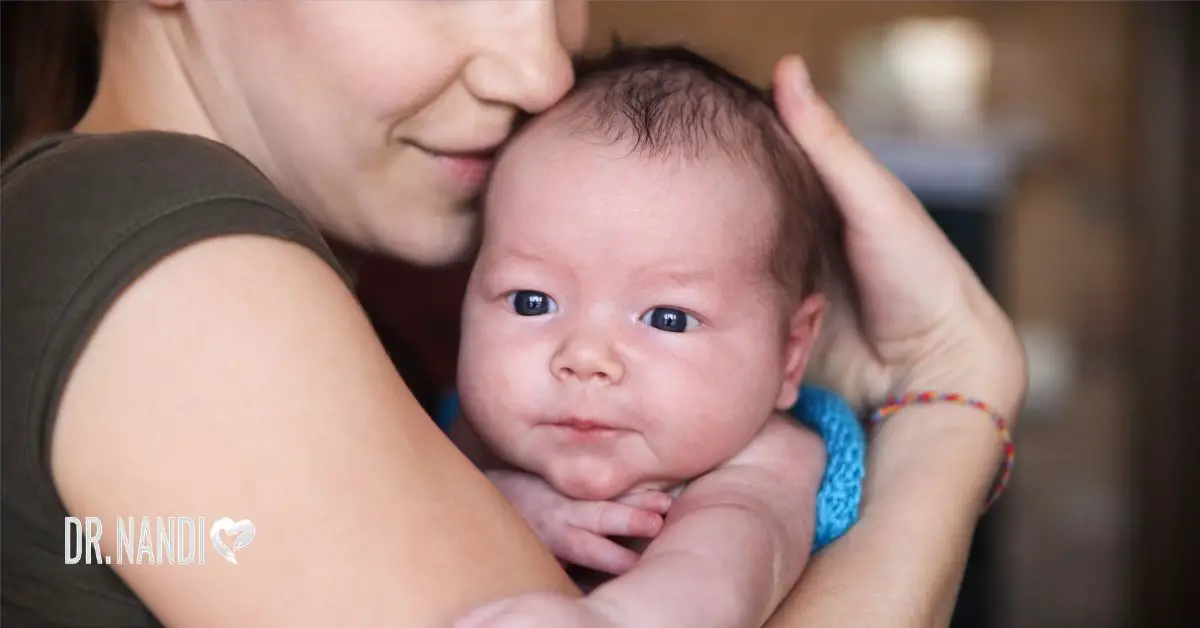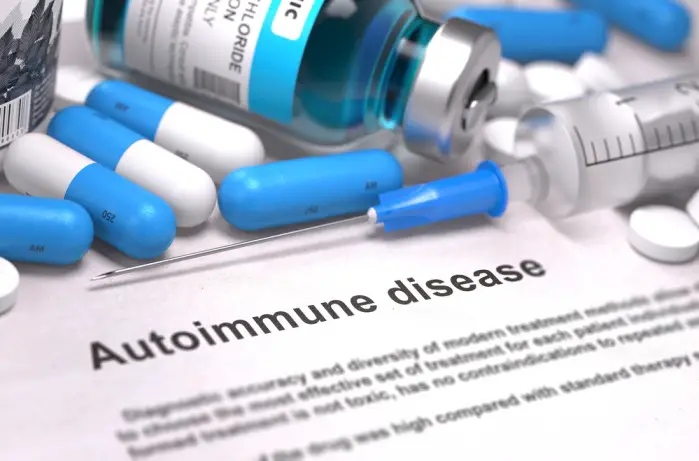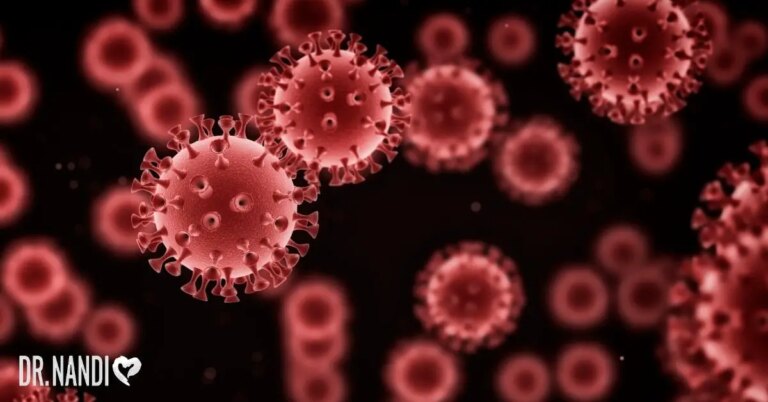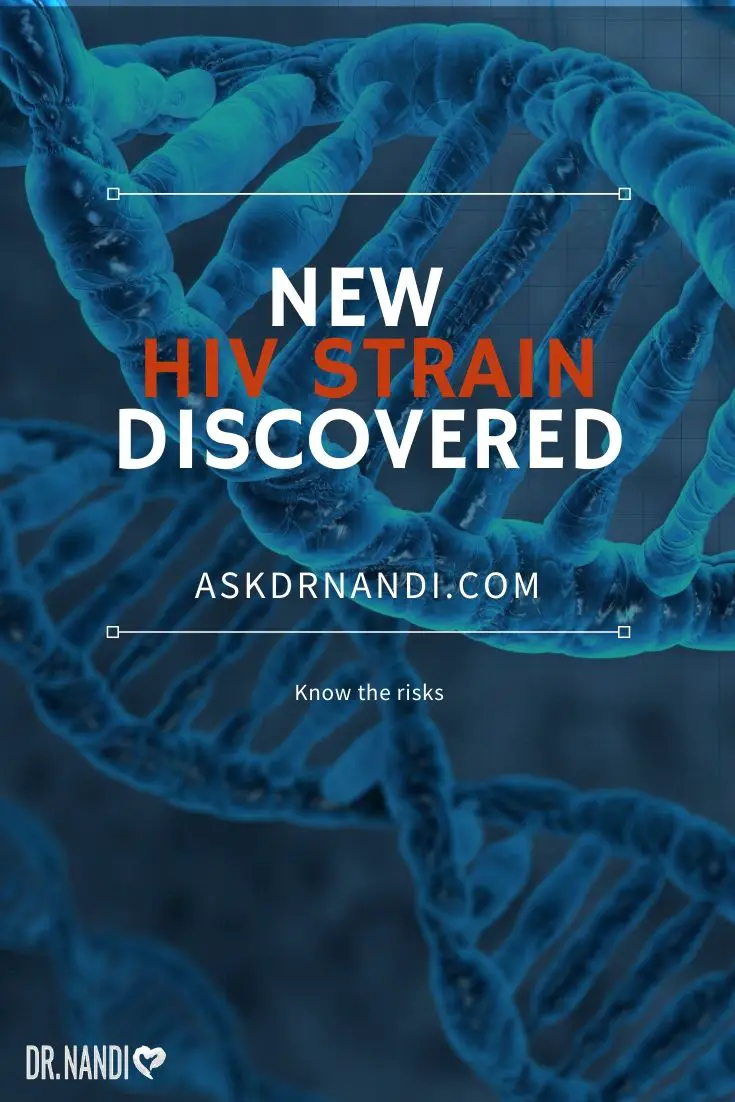RSV, short for Respiratory Syncytial Virus, is a common virus that is entering its peak season and it can be difficult to avoid. The Michigan Department of Health reports high activity in the South-East region. In fact, many of my son’s friends have come down with this very contagious virus. It is similar to the common cold except that it can lead to pneumonia or bronchiolitis in young children, especially infants. Pneumonia is an infection that inflames air sacs in one or both lungs, which may fill with fluid, and bronchiolitis is an inflammation of the small airways in the lung. Older adults can also be at risk for dangerous conditions since our immune system tends to weaken as we age. Like small children, they can develop pneumonia but are also at risk for congestive heart failure resulting from an RSV infection.
Is There A Treatment for RSV?
Unfortunately, there is not currently a vaccine against RSV like influenza, but scientists are working toward this goal. There is also no cure or treatment for this virus. There is one medication that may be administered to infants born premature or with certain health conditions called palivizumab, which may help protect them from RSV. However, we can all do our part to help stop RSV from spreading. Wash your hands often with soap and water, avoid touching your face, make sure to cough and sneeze into your elbow, and stay home from work or school if you’re not feeling well.
How Can I Tell If My Child Has RSV?
What may be challenging for some parents is differentiating RSV from the common cold. Luckily, the infection typically resolves on its own in a week or two. The onset of RSV can seem similar to cold symptoms such as sneezing, coughing, runny nose, and a decreased appetite. For infants, keep an eye out for rapid breathing, wheezing, or apnea, which is when a child’s breathing pauses due to the infection. If you notice any of these symptoms in an infant, seek medical attention immediately.



















